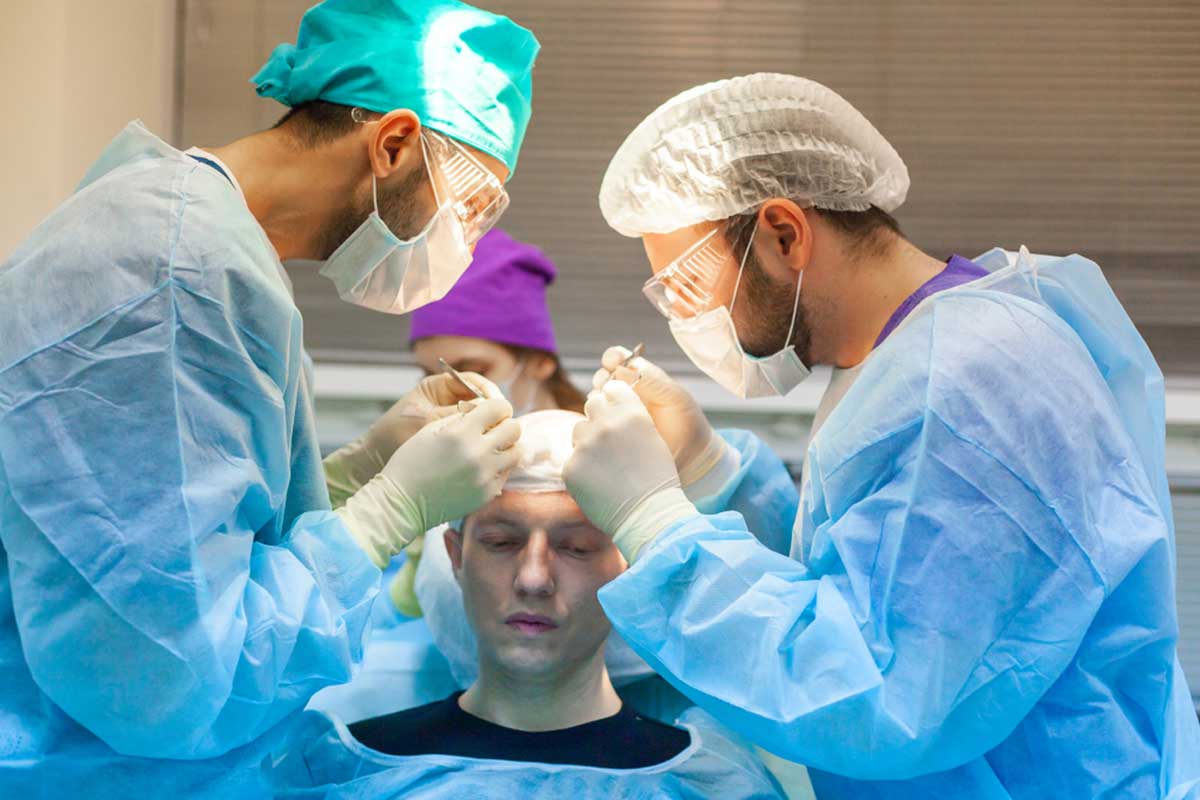Undergoing a hair transplant surgery can be a life-changing decision for individuals dealing with hair loss or thinning. While the procedure itself is essential, the recovery period plays a crucial role in achieving successful results. In this article, we will provide you with expert advice on how to promote faster healing after hair transplant surgery.
Tips for Faster Recovery After Hair Transplant
1. Follow post-operative instructions: Your surgeon will provide you with specific post-operative instructions to follow. It is essential to adhere to these instructions diligently to ensure optimal healing.
2. Keep your scalp clean: Gently washing your scalp as per your surgeon’s instructions will prevent infection and remove any crusting that may occur.
3. Avoid picking or scratching the scalp: Itching is a common occurrence during the healing process, but scratching or picking at the scalp can damage the new grafts and hinder the healing process.
4. Protect your scalp from the sun: Avoid direct sun exposure and wear a hat or use sunscreen with a high SPF to protect the scalp from harmful UV rays, especially during the initial months after surgery.
5. Reduce physical activity: For the first few weeks after the procedure, it is advisable to avoid strenuous physical activities that may cause sweating or trauma to the scalp.
6. Eat a balanced diet: A nutritious diet rich in vitamins, minerals, and protein can promote faster healing. Include foods such as fruits, vegetables, lean meats, and whole grains in your diet.
Expert Advice for Quick Healing Post Hair Transplant Surgery
1. Follow a recommended medication routine: Your surgeon may prescribe medication to prevent infection, reduce inflammation, and promote healing. It is vital to take these medications as directed.
2. Avoid smoking and alcohol consumption: Smoking and excessive alcohol consumption can impair the body’s natural healing process. It is best to avoid these substances during the recovery period.
3. Begin scalp massage and exercises: After the initial healing period, gentle scalp massages and exercises can improve blood circulation to the scalp, aiding in healing and promoting hair growth.
4. Use recommended hair products: Your surgeon will recommend specific hair care products suitable for your scalp post-surgery. Using these products will help maintain the health of your newly transplanted hair.
How to Speed up Healing After Hair Transplant Surgery
1. Cold compress: Applying a cold compress to the scalp can help reduce swelling and alleviate discomfort during the initial days after the surgery.
2. Avoid alcohol-based hair products: Alcohol-based hair products can dry out the scalp and delay the healing process. Opt for gentle, non-alcoholic alternatives to avoid any adverse effects.
3. Be patient: Healing after a hair transplant surgery takes time. It is essential to be patient and understand that visible results may take several months. Trust the process and allow your body to heal naturally.
4. Stay hydrated: Drinking an adequate amount of water throughout the day is crucial for general well-being and can contribute to healthy hair growth and faster healing.
5. Avoid extreme temperatures: Exposing your scalp to extreme temperatures, such as hot showers or saunas, can impede the healing process. Stick to lukewarm water while washing your hair during the recovery phase.
In conclusion, following these expert tips and tricks can significantly contribute to a faster and smoother healing process after hair transplant surgery. By taking care of your scalp, following post-operative instructions, and maintaining a healthy lifestyle, you can maximize the results of your hair transplant and achieve a fuller head of hair in due time.
Disclaimer: The content on this blog is intended for general informational purposes only. It is not a substitute for professional medical advice, diagnosis, or treatment. Always consult qualified healthcare providers for personalized advice. Information regarding plastic surgery, dental treatment, hair transplant, and other medical procedures is educational and not a guarantee of results. We do not assume liability for actions taken based on blog content. Medical knowledge evolves; verify information and consult professionals. External links do not imply endorsement. By using this blog, you agree to these terms.





